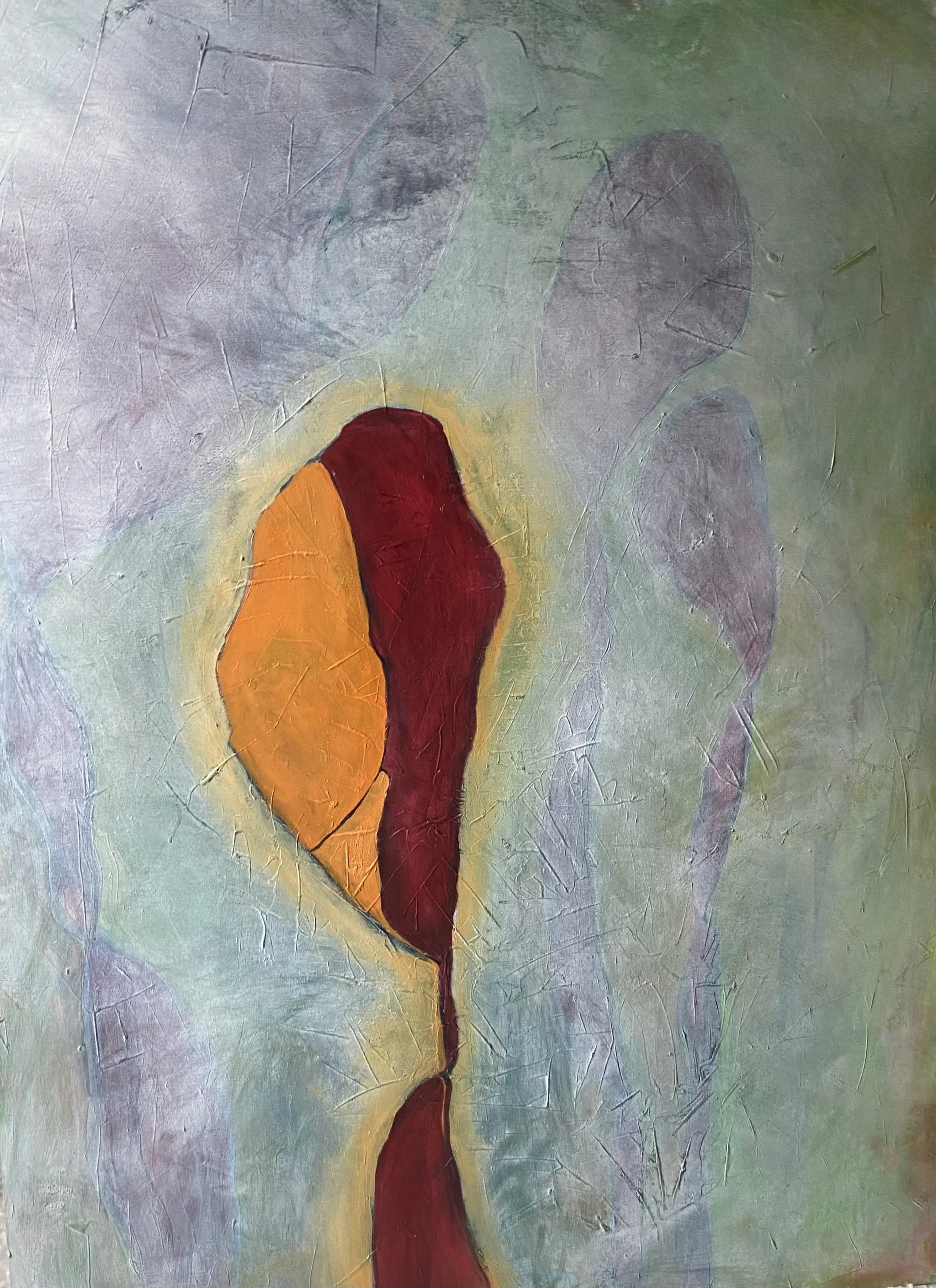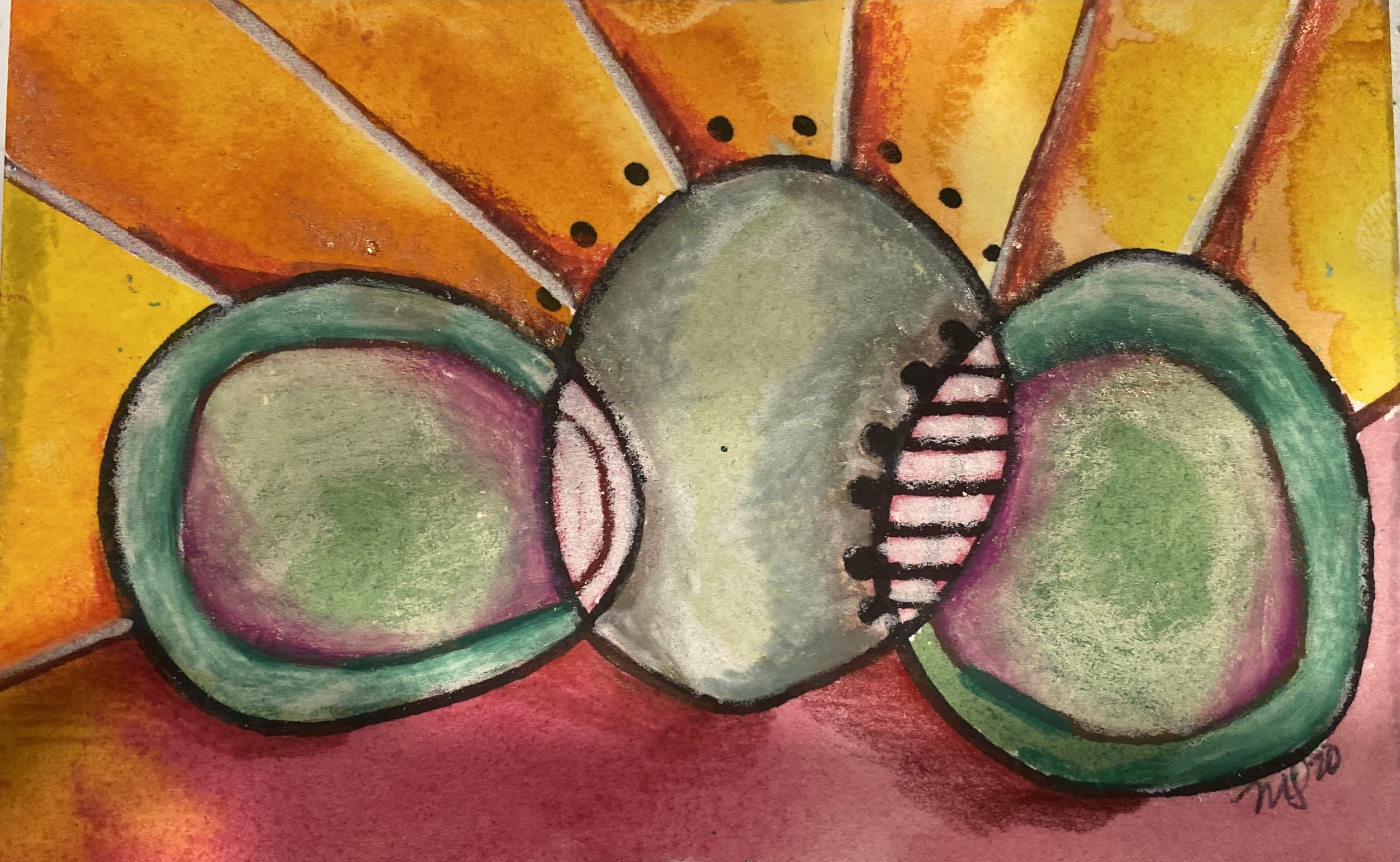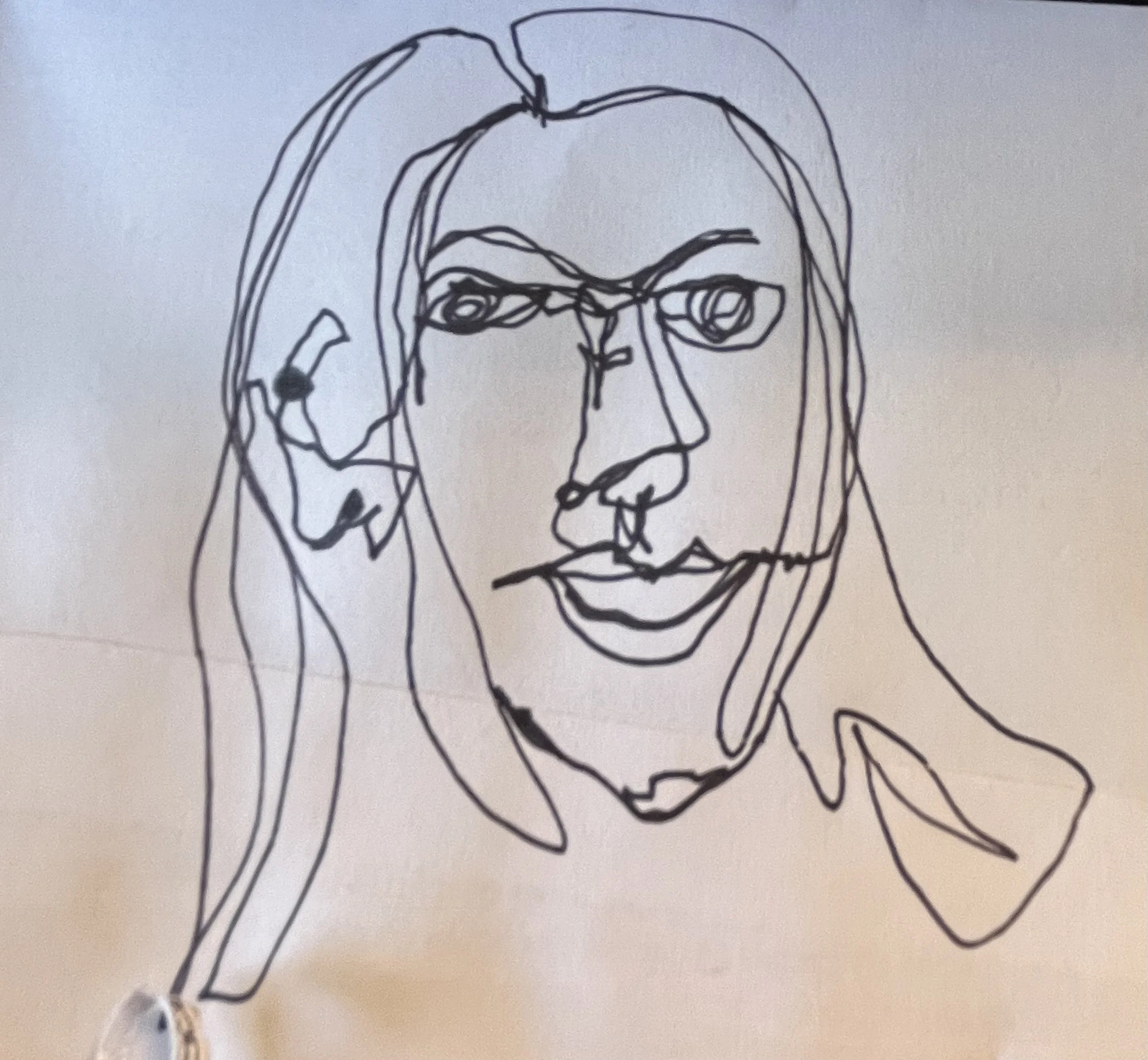Services and Approach
Clinical service: Individual therapy (18+)
I provide a compassionate approach in treatment and offer a healing environment where individuals can freely explore their thoughts, emotions, and creativity. Through the modalities of talk or art therapy, I create a space for self-expression and personal growth. Utilizing the range of techniques, including cognitive behavioral therapy, dialectical behavioral therapy, and person center treatment, I navigate the terrain of their individual paths developing awareness while fostering a space for growth.
Individual therapy can be tailored to suit the unique needs and goals of each person whether it is a short-term solution or a long-term transformative journey. Together with my clients we collectively set goals, track progress, and adopt treatment plans as necessary. The benefits of individual therapy encompass self-awareness, increase self-esteem, the cultivation of creative tools and skills, improved interpersonal relationships, and enhance overall emotional well-being. Whether conducted virtually or in person, individual therapy provides folks with a dedicated and confidential space to seek support and develop strategies for personal growth and positive change.
Clinical service: Adolescent (age 12+)
When working with teenagers and young adults, it's essential to possess flexibility, empathy, and adaptability. Each individual is unique, allowing a customized treatment approach to cater to the specific needs and preferences of the individual.
Drawing from 20 years of experience working with this age group, I've discovered that building a trusting and non-judgmental therapeutic relationship is instrumental in the therapy space. It is crucial to ensure individuals feel heard, understood, and encouraged to explore their thoughts and emotions openly. I strive to create an environment where individuals feel respected, valued, and free from judgment or criticism.
The adolescent years are often characterized by rapid change and identity formation, often most paramount in relationship dynamics. Having a therapist to talk with about changes or curiosities can be beneficial in various aspects of a person’s life. For folks under 18 years old, having a trusted adult to express their inner most thoughts, wants, or needs is essential for the developing brain. Through collaborative goal setting, shared decision-making, and empowerment, the therapeutic relationship has potential to enhance engagement and investment throughout the therapeutic process.
Lastly, incorporating technology and innovative approaches, such as secure messaging platforms for asynchronous communication, online resources for psycho education, or mobile applications for self-monitoring or relaxation exercises, can greatly enhance a young persons engagement and motivation for therapy.
Parent Support Counseling
I work with parents or caregivers who are experiencing challenges in their parenting no matter what the family dynamic may be (biological, step, adoptive, etc.). Perhaps tension exists between the adults in the home causing increased friction and hardship when identifying ways to parent the young ones. Parent Support Counseling is not “couples therapy” rather a space to explore ways to identify the needs of the adults related to parenting concerns. I can provide ways to navigate disrupted relationships and work to build trust in oneself and in the parenting process.
Clinical service: Art Therapy
What is Art Therapy?
Art therapy is a holistic approach that recognizes the interconnectedness of mind, body, and spirit. It taps into the inherent therapeutic properties of art and creativity to support individuals on their journey of self-discovery, self-expression, and personal transformation. The focus is not on the artistic outcome or technical skill, but on the process of creating and reflecting on the meaning in mark making.
Art therapy, facilitated by a credentialed art therapist, effectively supports personal and relational treatment goals. Art therapy is used to improve cognitive and sensorimotor functions, foster self-esteem and self-awareness, cultivate emotional resilience, promote insight, enhance social skills and reduce and resolve conflicts and distress. Through the creation of art in therapy, individuals can explore their thoughts, emotions, and experiences in a non-verbal and symbolic manner.
The artwork serves as a visual representation of their inner experiences and provides a tangible form for reflection and dialogue between the art therapist and the client. The art process allows for difficult or hard to identify words or feelings emerge through the mark making process.
Below are a few questions that you may find helpful to better understand the role of art in therapy.
I’ve done art before in therapy and it wasn’t helpful. Should I try again?
If you have used art in therapy in the past, there are individual reasons why art might not work in session and that’s okay. I think it can be good to talk with an art therapist to see if it is something you want to re-engage in.
One thing to keep in mind is that art making has been used for decades in mental health treatment. However, art therapists have the education, training, and clinical experience which are imperative to do this work. This also includes knowing how to use art materials while considering the ethical implications of the use and process of materials.
The following credentials are what to look for when seeking an art therapist.
ATR-BC Board Certified Art Therapist: This individual has graduated with a Masters in Art Therapy and has completed post graduate clinical hours and supervision. They have also successfully passed the licensing exam that earns them the highest credential in Art Therapy.
ATR Registered Art Therapist: This individual has graduated with a Masters in Art Therapy and has completed post graduate clinical hours and supervision.
ATR-P Provisional Art Therapist: This individual has graduated with a Masters in Art Therapy and is working toward their registration status. They are currently under the supervision of a Board Certified Art Therapist while earning clinical hours for using art therapy in practice.
Do I need to be an artist?
This is a common question I receive. No artistic skills or previous art experience are required to engage in art therapy services. The art therapist utilizes a wide range of art materials, such as paints, clay, collage, and drawing tools, allowing clients to choose mediums that resonate with them. For in-person sessions in Portland, access to art materials are available in my office.
Can I participate in art therapy services virtually?
Certainly, art therapy services can seamlessly extend to the virtual format. I can offer you a comprehensive list of art materials that are readily available within your household or can be conveniently acquired from a nearby art store.
What if I don’t like art therapy?
No problem, the modality is not for everyone so please let me know if you would like to just focus on talk therapy.
*Professional Services
Post gradaute art therapy supervision
1. Art Therapy Registration- Provisional (ATR-P):
I offer post-graduate art therapy supervision to support individuals in attaining registered art therapy status. Since 2013, I have been providing supervision to art therapy graduates, offering both individual and group formats. Whether in-person in Portland, Oregon, or through virtual sessions, I provide supervision options to accommodate both individual and group needs.
2. California Associate Marriage and Family Therapist supervisor post graduate
3. Oregon Associate Marriage and Family Therapist and Professional Counselor Associate post graduate
Clinical Consultation
Individual consultation offer the advantage of fostering connections with a fellow licensed professional, addressing clinical needs and ethical considerations while promoting camaraderie amongst licensed professionals.
*Fees for services listed under the Fees and more page.
Supervision feedback:
“Dr. Satterberg is an amazing Art Therapy supervisor! She made me feel welcomed and supported, and she also challenged me personally and professionally. She integrated her years of experience, knowledge, and involvement in the field into her work. I love that she utilized the art making process in supervision to shed light into my professional development, and to practice and to discuss art directives, assessments, and interventions. Importantly, she shared her sources with me when discussing research and evidence based information and practices. Thank you Dr. Satterberg for making me feel confident with the work I'm doing, thank you for making me feel connected with the Art Therapy community, and thank you for your positive energy that you brought in every single week”.


